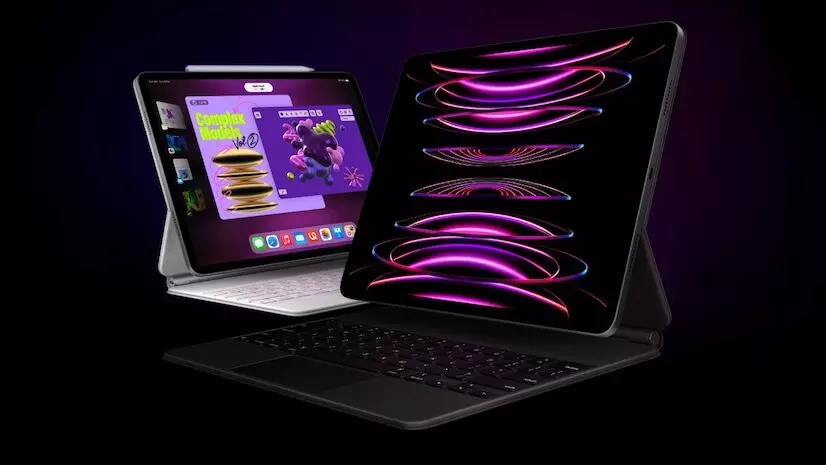Apple introduces new iPads. Pro model has "chip" to deal with artificial intelligence
The new iPad Pro model has a new "chip", the M4, which is around 50% faster than the previous model, the M2, and is prepared to deal with artificial intelligence "software". The 13-inch device is the brand's thinnest ever.;

Apple unveiled two new iPads this Tuesday, two years after the last launch. In the online launch called "Let Loose", the 'apple company' revealed new features such as a larger screen size for the iPad Air, a new design for the iPad Pro and a new "chip", the M4, prepared to handle "software " of artificial intelligence.
The new iPad Air now comes in two sizes, with an 11-inch and a 13-inch screen, a cheaper and lighter alternative to the Pro model and with a new "chip", the M2, an update compared to the previous 2022 model. which contained the M1.
As a result of this change, the simplest tenth generation iPad is expected to cost 349 euros, 100 euros less than the current 449 euros.
The iPad Pro undergoes aesthetic changes for the first time since 2018, with a thinner model, a screen with OLED technology - which means the colors will be more reliable and more realistic - and a faster "chip" the M4, already prepared for tasks related to artificial intelligence, and 50% faster than the M2, currently used in this type of equipment.
The new iPad Pro model will also have a 13-inch version, which the brand says is Apple's thinnest device ever.
There were also two accessories that underwent changes. The Apple Pencil Pro now has a more tactile response, along with a gesture that can be made to open a menu. The Magic Keyboard now has an aluminum area to rest your hand, a larger "trackpad" with greater touch sensitivity and a function column.
This is the brand's attempt to reduce the decline in iPad sales. This was particularly visible in the last quarter, when a 17% drop in sales was recorded, higher than analysts' estimates.
Even so, Apple's equipment has remained the best-selling tablet in the world, with a market share of 32%, according to technology consultancy IDC. In second place is Samsung with 22% and Huawei, Lenovo and Xiaomi make up the remaining top five.

